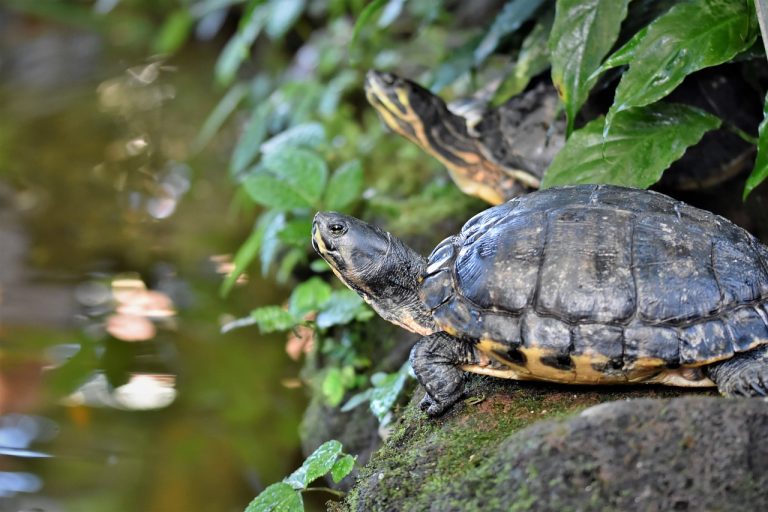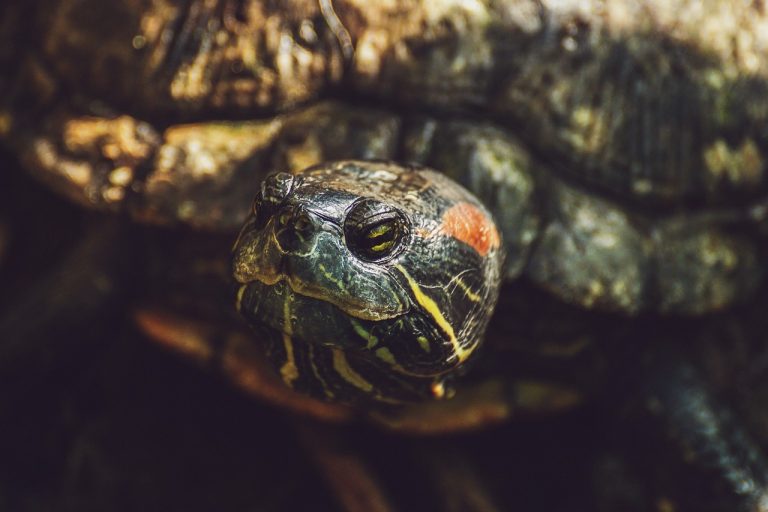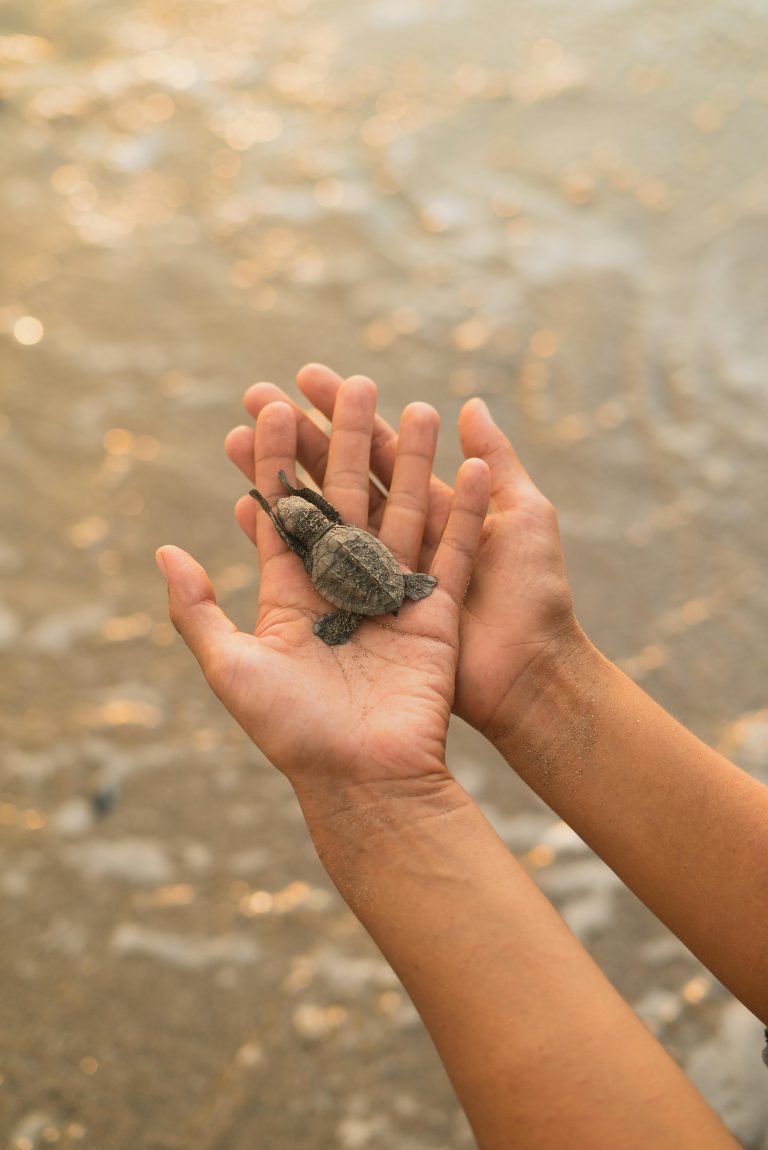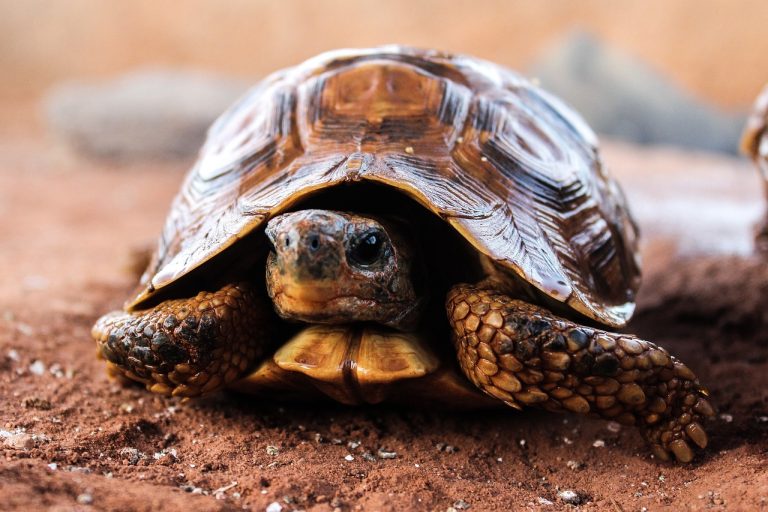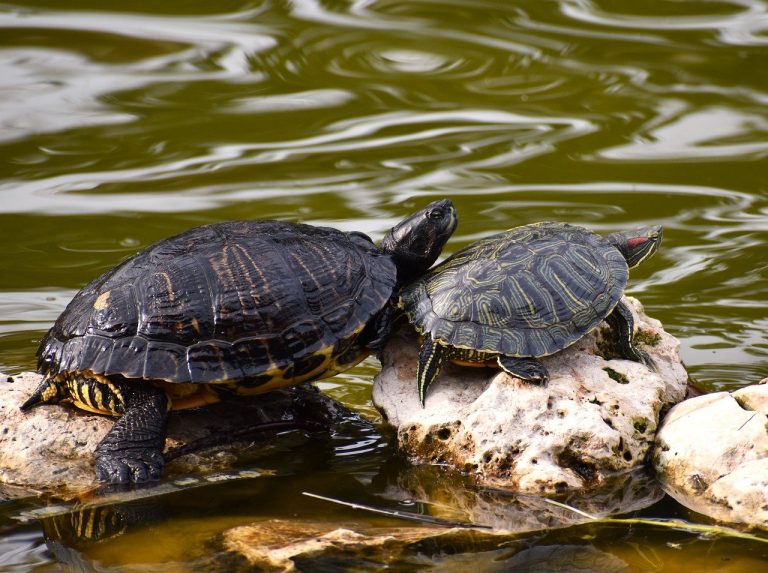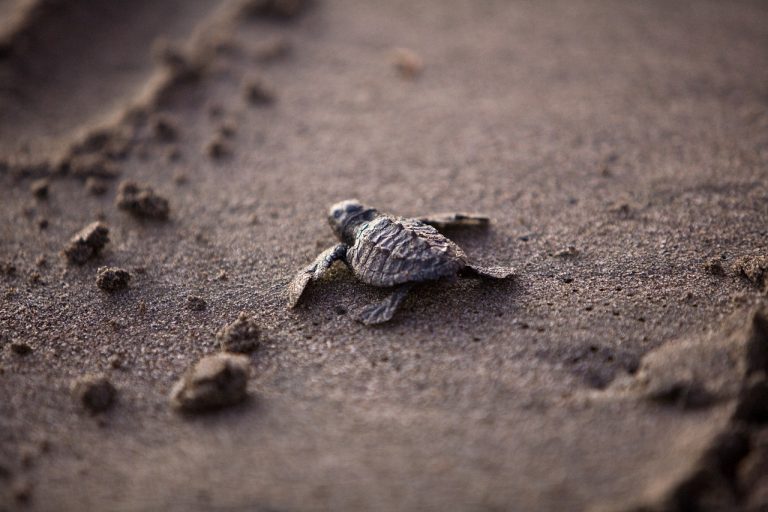Do Squirrels Eat Turtle Eggs?
Can you believe it? In the wild, turtle eggs are a highly sought-after delicacy. Predators lurk, eager to find a nest full of these precious treasures to devour. But did you ever imagine that even the innocent and adorable-looking squirrels might partake in this feast?
Well, squirrels, those versatile creatures of the wild, are indeed omnivores. They have a palate that includes both plant and animal proteins. So it’s no surprise that raiding nests and indulging in eggs is a regular part of their diet. They’re particularly fond of the tender goodness of bird and turtle eggs. But their appetite doesn’t stop there. Squirrels are known to munch on turtle hatchlings, baby birds, slithering lizards, serpentine snakes, and even wriggling worms.
Yet, alas, squirrels aren’t the sole trespassers in the realm of turtle nests. Oh no, there are more invaders to be wary of! Let’s delve into the intricacies below to uncover the full story.

Key Takeaways
- Squirrels eat turtle eggs and hatchlings.
- Turtle eggs are also exposed to the attacks of foxes, raccoons, skunks, chipmunks, etc.
So, Squirrels Are Red Flags For Turtle Eggs
Who would have thought those adorable squirrels, with their petite eyes and playful demeanor, could harbor such a surprising secret? Indeed, the revelation that they partake in feasting on the hidden treasures of turtle clutches buried deep in the ground adds a new dimension to their innocent facade.
Joining the ranks of common predators like foxes, armadillos, raccoons, skunks, crows, chipmunks, and snakes, squirrels now find themselves on the list of creatures with a taste for turtle eggs. It’s a revelation that prompts a reassessment of the outdoor environment, particularly for those who share their space with these charming critters.
Further exploration reveals that squirrels aren’t content with just turtle eggs; they’ve earned a reputation for raiding bird nests as well. With this newfound knowledge, the need to fortify the turtle’s outdoor nesting site becomes paramount. No longer can wild or stray animals be allowed to roam freely around the pond, posing a threat to its inhabitants.
For those seeking to create a fool-proof pond setup to safeguard their turtles from predators, a comprehensive guide awaits. In an article brimming with insights, I’ve compiled 10 ingenious tricks to fortify the pond and ensure the safety of its cherished residents. So, if protecting your pond from the perils of the wild is your goal, dive into this resource and emerge armed with the knowledge to keep your turtles safe and secure.
Squirrels Can Eat Turtles, Too!
The revelation that squirrels, often associated with their penchant for nuts and seeds, would stoop to raiding turtle eggs comes as a shock to many, myself included. It’s a surprising twist in our understanding of these seemingly harmless creatures.
But the surprises don’t end there. Delving deeper into their dietary habits uncovers an even more startling truth: squirrels have a voracious appetite for meat. Yes, you heard that right. Despite their cute and cuddly appearance, squirrels aren’t averse to snatching up baby birds, eggs and all, in swift raids.
Intrigued by a thread recounting an author’s eyewitness account of a grey squirrel hunting a baby tortoise, I embarked on a quest for truth. And what I found was indeed eye-opening. It turns out that squirrels don’t limit their carnivorous tendencies to just bird babies; they also set their sights on the vulnerable hatchlings of turtles. But their culinary adventures don’t stop there. Snakes, lizards, insects, and even worms find themselves on the menu for these opportunistic rodents.
It’s a revelation that challenges our preconceived notions of squirrels as harmless foragers and underscores the complexity of nature’s food web, where even the most unlikely of creatures can play the role of predator.
These Deadly Predators Can Eat Turtle Eggs
As conscientious caretakers of our turtle friends, safeguarding them from potential predators becomes a top priority. Understanding the range of creatures that pose a threat to their safety is crucial in creating a habitat that offers maximum protection. Here’s a comprehensive list of potential turtle predators:
- Raccoons
- Skunks
- Crows
- Eagles
- Herons
- Falcons
- Coyotes
- Rats
- Fire ants
- Squirrels
- Chipmunks
- Snakes
- Alligators
- Foxes
- Dogs
- Humans
Yes, it’s a sobering reality that humans themselves are included on this list. In some cases, humans may not hesitate to consume turtle flesh or raid nests for eggs, posing a significant threat to these endangered species. It’s imperative to recognize the detrimental impact of poaching on the delicate balance of the world’s ecosystem. Protecting turtles from all forms of predation, including human interference, is essential for their survival and the preservation of biodiversity.
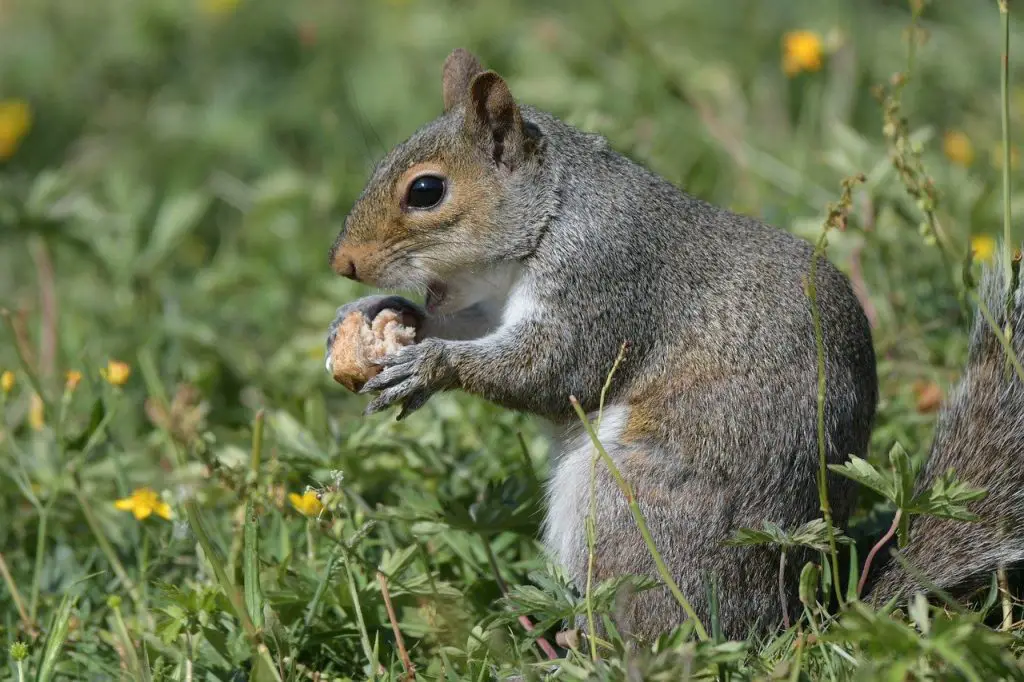
Conclusion
Raising snapping turtles indeed presents its own set of challenges, especially considering their preference for outdoor environments. Ensuring their safety from predators becomes paramount in such a setting.
Given their vulnerability to a range of predators, including raccoons, skunks, birds of prey, and even humans, special precautions must be taken to safeguard snapping turtles. Implementing robust security measures is essential to mitigate the risks posed by these potential threats.
Creating secure enclosures or habitats equipped with sturdy barriers, such as fences or mesh covers, can help deter predators from accessing the snapping turtles’ living space. Additionally, incorporating natural elements like dense vegetation or rocks can provide further protection and mimic their natural habitat.
Regular monitoring of the surroundings and the implementation of deterrents, such as motion-activated lights or sound devices, can also help deter predators and alert caretakers to any potential threats.
Ultimately, raising snapping turtles requires a proactive approach to predator management, emphasizing the importance of providing a safe and secure environment for these remarkable creatures to thrive.
